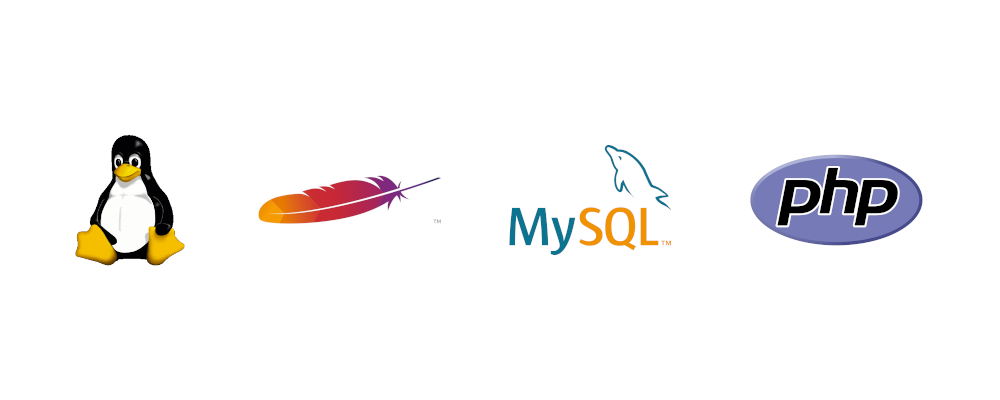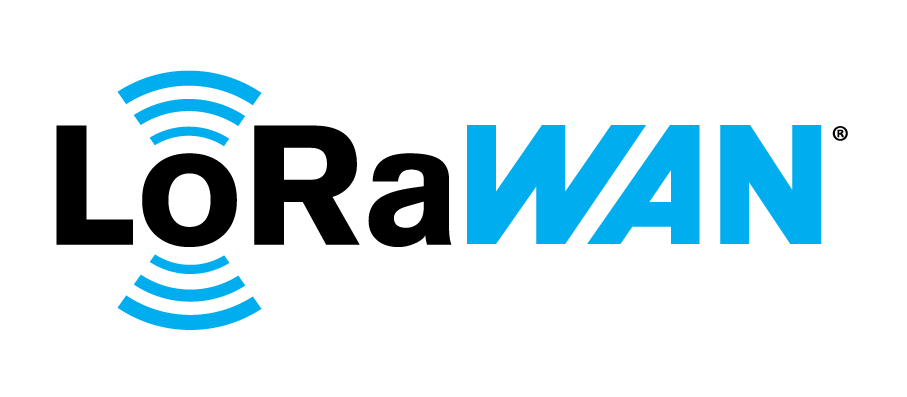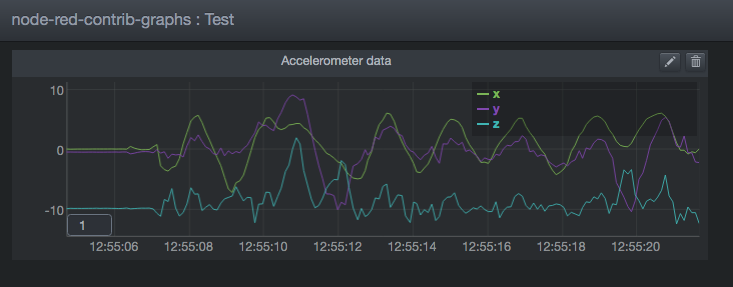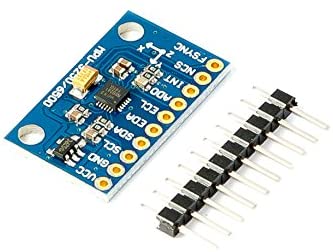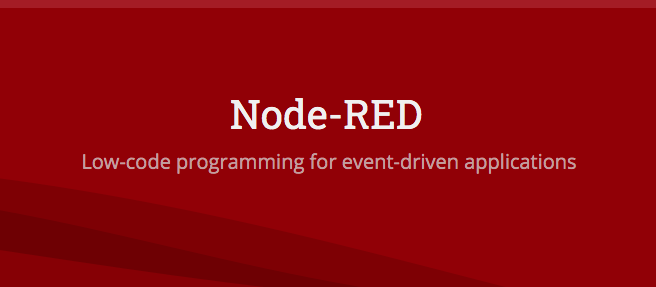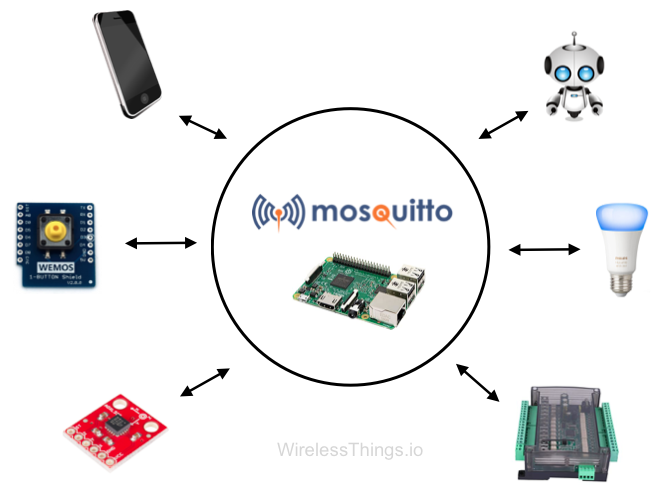Mainly as a quick reminder for myself, I write down all the necessary steps to setup a LAMP stack on Ubuntu Linux. LAMP is a combination of software required to serve a dynamic PHP website. L = Linux, A = Apache Webserver, M = MySQL or MariaDB database, P = PHP Step 0: Update packageContinue reading “Setup a LAMP stack on Ubuntu (e.g. for hosting WordPress)”
Category Archives: Allgemein
SDR: Receive Wireless Signals using Software-Defined Radios
Introduction What is an SDR? Different types of SDR SDRs can be bought in different sizes, with different features and, of course, with different prices. Cheapest: RTL-SDR The cheapest option is RTL-SDR USB stick. It is based on an RTL2832 chip, which was commonly used as a DVB-T receiver. However, some smart guy found outContinue reading “SDR: Receive Wireless Signals using Software-Defined Radios”
LoRaWAN – What is it? How does it work?
Introduction By now, every IoT enthusiast might have heard of LoRa, or LoRaWAN. Many companies use it, many cities use it, and many hobbyists have built numerous projects with it. But how does it work? Why is LoRa so “low-power”? How can LoRa reach such a long distance? I will discuss all of that inContinue reading “LoRaWAN – What is it? How does it work?”
Publish accelerometer sensor data on MQTT from ESP8266
Introduction This tutorial adds to the previous one, in which we wrote a sketch for a Wemos D1 mini (ESP8266) board, to read out and print accelerometer data. Now, we want to publish this data to an MQTT broker in the local network via WiFi. Prerequisites For this tutorial, we will switch to PlatformIO. Also,Continue reading “Publish accelerometer sensor data on MQTT from ESP8266”
Read accelerometer sensor with ESP8266
What parts do we need for this tutorial? ESP8266-based board (e.g. Wemos D1 mini) Accelerometer IC (e.g. MPU-9250, which is a 9-axis sensor) A breadboard Some jumperwires Introduction Welcome to this tutorial where we will explore reading measurements from an accelerometer sensor and displaying them on the serial console. An accelerometer is a device thatContinue reading “Read accelerometer sensor with ESP8266”
Node-RED – Install on Linux
Introduction What is Node-RED? Node-RED is an open-source and low-code software, that allows to connect anything with anything. This means, any device that produces data and can be accessed over a network, can be included as a data source or sink in Node-RED. Messages from the devices can be modified or analyzed, processed and thenContinue reading “Node-RED – Install on Linux”
Mosquitto MQTT: Install broker on Linux
In this article, we will discuss how to install an MQTT broker. An MQTT broker (MQTT is short for Message Queue Telemetry Transport) is responsible for delivering messages in a network from publishers to subscribers. The broker receives all messages on different topics from different devices, and filters them according to the subscriptions of otherContinue reading “Mosquitto MQTT: Install broker on Linux”
Grafana – Useful Keyboad Shortcuts
Grafana is easy to use with some shortcuts and key combinations. You can use this list as a reference in the future. You can also download and print a PDF I prepared for you! You can also bring up a shortcut summary in Grafana by clicking Shift + ? in the dashboard. Key / ActionContinue reading “Grafana – Useful Keyboad Shortcuts”
Connect Grafana to InfluxDB and show data
In the previous article about how to set up InfluxDB, we have imported a sample dataset. Now, we want to show this data in Grafana by fetching it from an InfluxDB data source. Step 1: Setup the data source connection Log in to Grafana (usually on http://localhost:3000), and on the left side, click on ConfigurationContinue reading “Connect Grafana to InfluxDB and show data”
InfluxDB – Setup on Linux
InfluxDB is an open source database for time series data. This means, it is the perfect tool for storing sensor data from IoT sensors or systems. This article will show you how to install InfluxDB on Linux. Step 1: Download and install the Docker container At the time of writing (July 2020), the current stableContinue reading “InfluxDB – Setup on Linux”

